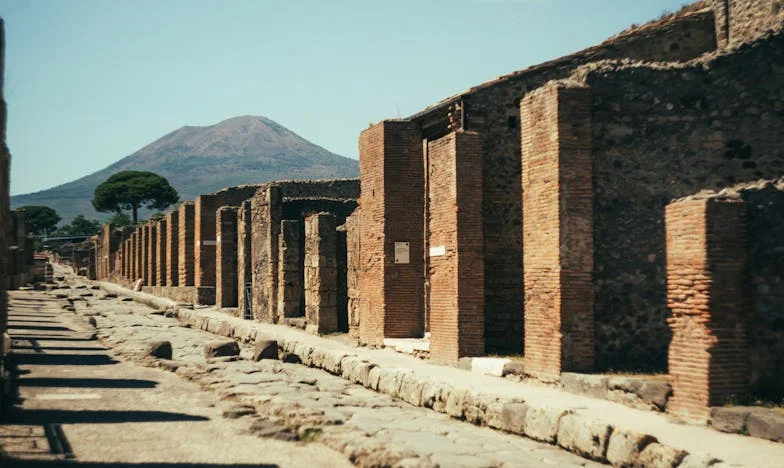Wait for Me: A Night in the ER That Changed Everything
“Wait for me!” I barely get the words out, my voice ragged, as I press my back against the rough, cold wall of the hospital corridor. The fluorescent lights flicker above me, casting sharp shadows. My hands are shaking, my chest tight. I close my eyes, trying to drown out the echo of Mrs. Parker’s sobs—her son, Tyler, is somewhere between life and death in OR 3, and I am the one who has to tell her whether he makes it. It’s a weight I’ve never learned to carry, even after two years as an ER resident at St. Mark’s in Chicago.
I should move, but it feels like I’ll never leave this spot. I’ve been on my feet for 26 hours. My scrubs are stiff with spilled coffee and dried blood. But I force myself off the wall and stumble towards the doctors’ lounge. I hear Dr. Patel’s quiet voice behind me: “Ethan, you okay?”
I nod, barely. “Just need a minute, doc.”
He gives me a look that says it all—he’s been there too. We all have. But tonight feels different. The hospital is a hive of controlled chaos: gunshot wounds, a car accident, a heart attack in the cafeteria. And Tyler Parker, just seventeen, brought in after a fentanyl overdose. I can still see his pale face, blue lips, the desperate tremor in his mother’s hands as she clung to me. “Help him. Please. He’s all I’ve got.” I promised her I would. I always do.
Two strong coffees later, I push through the exit doors, the winter air biting at my skin. The city’s alive with sirens and headlights. My phone buzzes. It’s my mom. I almost don’t answer, but guilt wins out.
“Ethan? Are you coming to Dad’s retirement dinner?”
I press my forehead to the cold metal gate. “I can’t, Mom, I’m sorry. We had a code blue. I’m just leaving now.”
She sighs, disappointment unmistakable. “You always have an excuse. Your father worked just as hard as you, but he made time for his family.”
I bite back a retort. My dad was chief of surgery—he never missed a chance to remind me. But I remember the empty seats at baseball games, the cold dinners. “I’m doing my best,” I say, voice barely above a whisper.
“You never call. Your brother asks about you. I just wish you’d come home once in a while.”
My eyes sting. “I know. I’m sorry.”
I hang up, shame curling in my gut. The truth is, I’m not sure I know how to go home anymore. Medicine has swallowed me whole. Every day is a battle: against death, against exhaustion, against the fear that I’m not enough.
Back inside, I catch a glimpse of Tyler’s chart. He’s stabilized, but only just. The ICU nurse, Lisa, gives me a tired smile. “You did good, Ethan.”
I shake my head. “He might not make it. I… I should have caught it sooner.”
She puts a gentle hand on my arm. “You can’t save everyone.”
But I want to. God, I want to.
Later, in the breakroom, my friend and fellow resident, Jessica, finds me staring at a vending machine. “You look like hell, Miller.”
I smirk. “Thanks, Jess. Just what I needed to hear.”
She sits beside me, her own eyes rimmed red. “My patient coded in peds. I did chest compressions for twenty minutes. Sometimes I wonder if it’s worth it.”
“What else would we do?” I ask, voice hollow.
She shrugs. “I don’t know. But I think about it. Every day.”
We sit in silence, the hum of the machine filling the space. I think about my dad, my mother’s voice, Tyler fighting for his life. I think about the pain in Mrs. Parker’s eyes. The way my little brother used to look up to me. The way I used to believe that being a doctor meant saving the world. Now, it feels like I’m just trying to keep my head above water.
Around 4 a.m., I make my way back to the ICU. Mrs. Parker is there, eyes raw, hands clasped. As I approach, she stands. “Is he…?”
“He’s stable,” I say. “We’re not out of the woods, but he’s fighting.”
She breaks down, tears falling. She grabs my hand. “Thank you. Thank you.”
I want to tell her it wasn’t me, that sometimes it’s just luck. But I let her hold my hand, and for a moment, the guilt eases. I walk out into the morning light, exhausted, but with a strange sense of relief.
My phone buzzes again. This time, it’s a message from my dad: “Proud of you, son. Call us when you can.”
I stand on the hospital steps, watching the city wake up. I think about Tyler, about my family, about all the times I thought I couldn’t go on but somehow did. Maybe I can’t save everyone. Maybe I’ll never live up to my father, or my own impossible standards. But maybe, just maybe, that’s not the point.
Does it ever get easier? Or do we just get better at pretending we’re okay? If you were in my place, would you keep fighting, or would you walk away?
